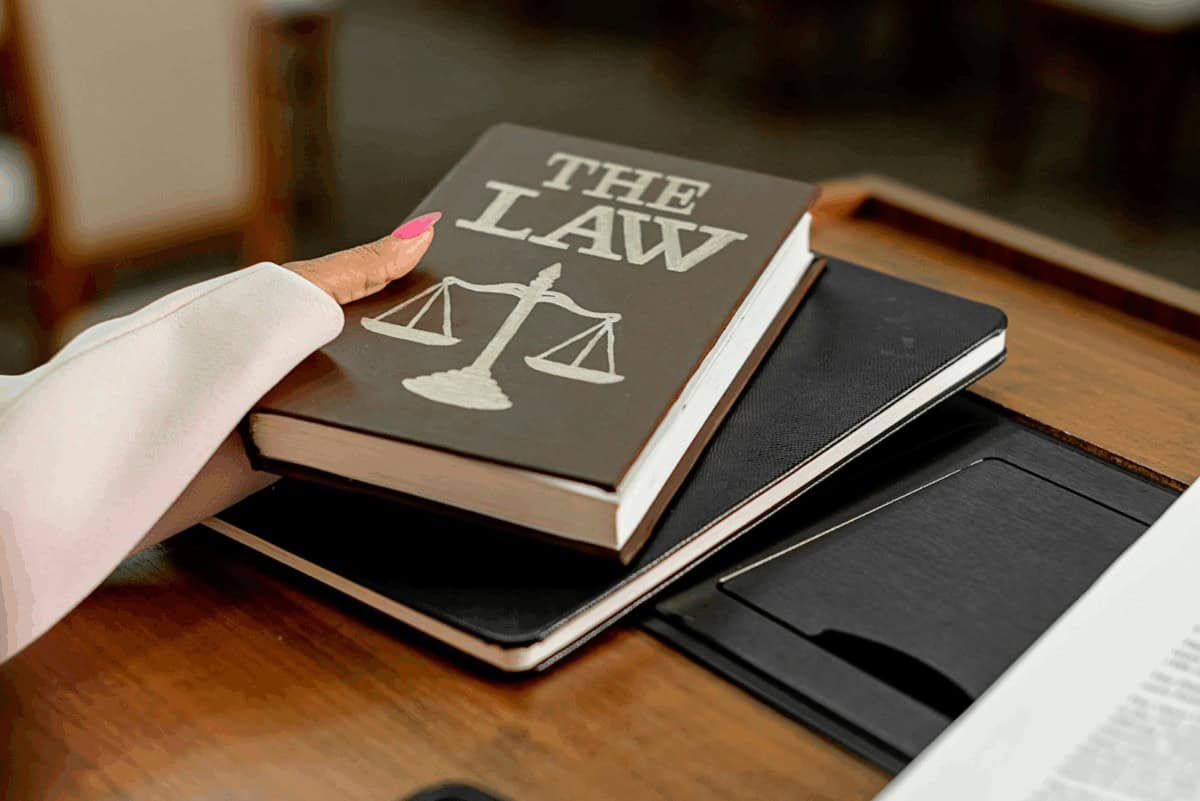
Criminal law is arguably the most difficult and intellectually demanding legal subject. It requires a deep understanding of legal principles and statutes. As a legal student, acquiring practical experience prepares you for your future career as it will be easy to show your skills and strengths during job interviews. It will also enhance your resume. Here are five practical ways in which students may bridge the gap between criminal law practice and theory.
- Attend Legal Clinics
Law school legal clinics give students their best shot at observing criminal law firsthand. They often work with the local public defender’s office, legal aid, or advocacy groups to provide the student with real opportunities. Budding lawyers can assist with interviewing clients, drafting documents, or even working on cases under an attorney’s supervision.
In addition to technical education, legal clinics expose students to the real world of the criminal justice system. They witness firsthand the socioeconomic factors that motivate most criminality and gain an understanding of the human element behind criminal law. By working on real cases, students are exposed to the emotional and ethical consequences of representing or prosecuting someone they may never fully appreciate learning about in books.
- Intern with Law Firms
You’ll witness the behind-the-scenes of the day-to-day operations of the criminal justice system. From witnessing the events in the courtroom to conducting case law research and managing trial logistics, students are introduced to legal preparations, courtroom procedure, and procedural requirements.
These internships are equally helpful in learning legal niceties at the state level. Students will study unique state-level systems, such as misdemeanor classifications in Maine, which will inform them about how abstractions of law work at the ground level. These niceties and nuances must be acquired by any potential lawyer practicing law in any jurisdiction.
- Observe Court Hearings and Trials
Students witness the rhythm and structure of real litigation by observing criminal trial first appearances. Students see how lawyers structure arguments, cross-examine witnesses, and negotiate with judges.
Court attendance also sharpens critical thinking. Observing judges making decisions on objectives or motions allows students to grasp judicial thinking more clearly. It is a chance to see theory turn into practice. Mens rea, evidentiary requirements, and plea bargains become reality if seen live.
- Take Part in Mock Trials and Moot Courts
Mock trials and mooting competitions simulate the court environment and offer low-stakes environments where students learn legal skills. Students must respond rapidly, build persuasive arguments, and refer to case law, all subject to the strict procedural rules.
The simulation also assists in developing teamwork and public speaking skills, both critical to any law career. Feedback from practicing lawyers or faculty is provided to students to assist them in learning their approach and become confident.
- Pursue Specialized Coursework and Seminars
Law schools also include intense courses in specialized areas of criminal law, such as forensic evidence, sentencing, and juvenile justice. Getting through such evidence also helps enhance the students’ depth of knowledge base and understanding.
Trainers usually take these courses with in-house expertise, who may be able to offer more than the classroom textbook. Seminars and workshops allow intense discussion of topics such as new legislation, mass incarceration, or police reform.
Endnote
Practical criminal education equips students with skills and exposure to use the law in practice. Rich experience, including internships and sitting in on courts, complements classroom instruction and develops confidence. Since students are working within the criminal justice system, they are more likely to be prepared for successful and rewarding legal careers.






